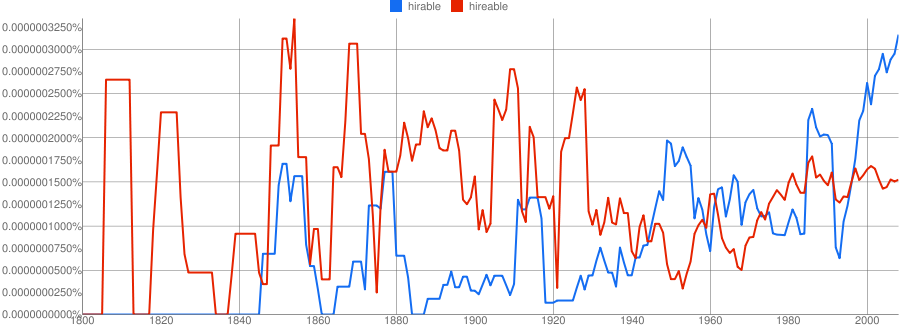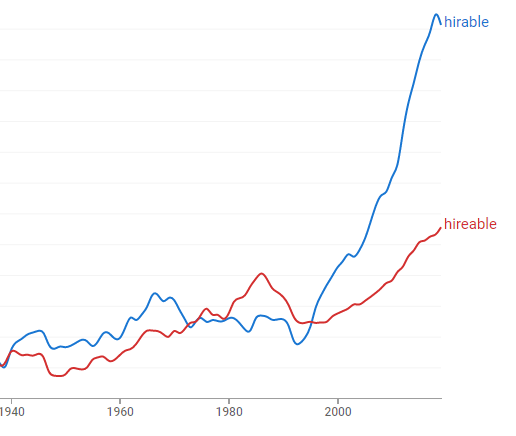Apparently the rule for attaching suffixes is as follows:
If suffix begins with a vowel (a,e,i,o,u,y)
Root will attach directly to it
If suffix begins with a consonant
Root will need a combining vowel before attaching to the suffix
As in Example word: cardiogram
Breakdown of word: cardi/o/gram
Root = cardi
Combining vowel = o
Suffix = gram
Note: Suffix begins with a consonant
Combining vowel is needed
While Example word: cardialgia
Breakdown of word: cardi/algia
Root = cardi
Suffix = algia
Note: Suffix begins with a vowel
Combining vowel is not needed
However, there are words that do not follow this rule: i.e. "Friend-ship", "Govern-ment"
So I would redefine the rule a bit, as it isn't actually mine's.
If suffix begins with a vowel , and the root word ends with a vowel or consonant, the suffix attaches directly.
If however, the suffix begins with a consonant, and the root word ends with a vowel, it will need a combining vowel. If however, the root word ends with a consonant, the suffix will attach with no combining vowel.
Which means your example would be written "hireable"



recruitablewithout the vowel-ending conundrum